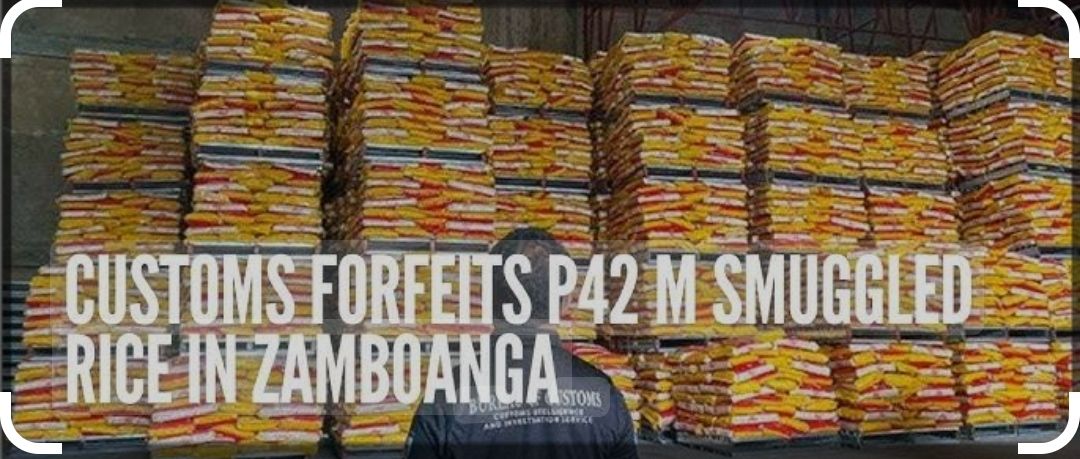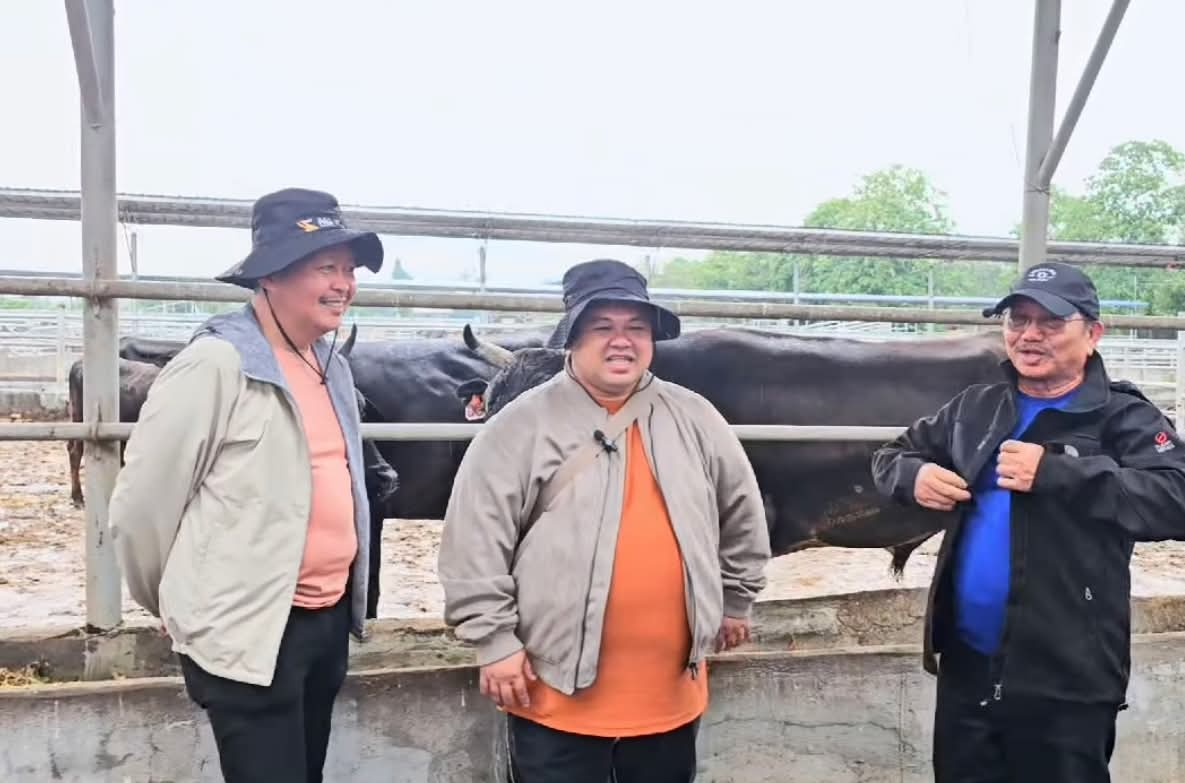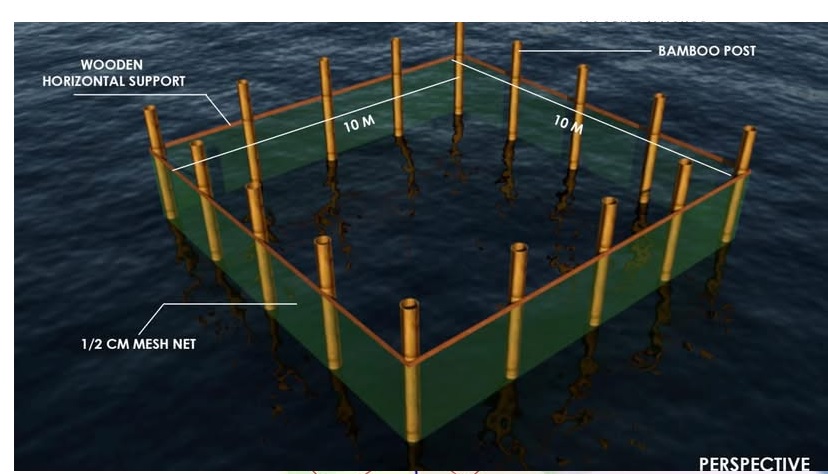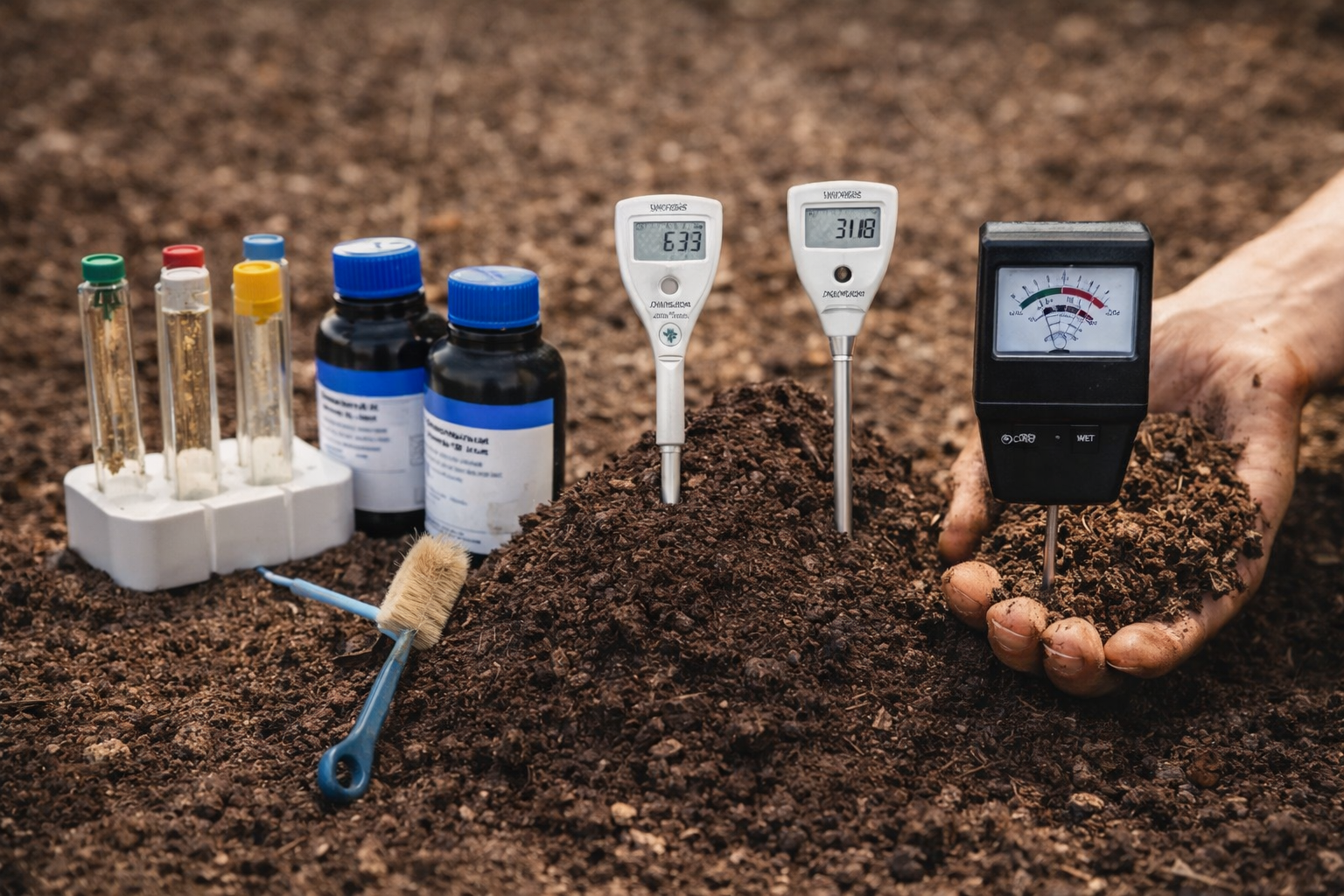Photo: Smuggled Rice seized in Zamboanga City.
‘Legalized Rice Smuggling’ An Oxymoron Only A Moronic Mind Could Invent!

Stung by my criticisms of government’s profligate spending through the “Ayuda” Program and the P16.6-T national debt, two Congressmen had been tasked to act as attack dogs rehashing old issues raised against me when I was Secretary of Agriculture.
One of the issues was my supposed proposal to “Legalize Rice Smuggling” in the Southern Backdoor.
“Legalizing Rice Smuggling” is an Oxymoron and I am not a Moron to suggest such.
What I actually called for was to end rice smuggling in the Southern Border by setting up a Trading Post in Tawitawi and imposing tariff on Rice coming in from Sabah.
Smuggled Rice from Sabah had penetrated local markets for ages and everytime the illegal supply landed, prices of farmers’ local palay dropped.
By establishing a Rice Trading Post in Tawitawi, farmers will be protected while government will earn tariff and revenues.
Yesterday, I saw an article by a blogger who called himself “Cotabato Critic” who posted a very clear explanation on the real intent of my proposal.
Here is the post:
“Manny Piñol never advocated for the legalization of rice smuggling in the traditional, unlawful sense.
What he did propose was to regularize or legitimize informal cross-border rice trade in areas like Tawi-Tawi and Sulu, where communities had been engaging in this activity for decades due to geographic proximity to neighboring countries like Malaysia.
Here’s his logic:
Geographical Reality: In far-flung southern provinces like Tawi-Tawi, the nearest rice source is not Luzon or Visayas, but Sabah. People in these areas have long relied on cross-border trade for survival even before strict customs laws were enforced.
To them, it wasn’t smuggling; it was daily life.
Lower Rice Prices for Consumers: Piñol’s suggestion came during a rice supply crisis.
Legalizing and taxing what was already happening informally could help stabilize supply and lower retail prices in those regions.
Revenue Generation: Rather than chasing after boats in a game of cat and mouse, he proposed to regulate and tax the trade turning it into a source of government revenue, not criminal cases.
Avoid Corruption & Selective Enforcement: Smuggling persisted not because of lax laws but because of corrupt enforcers.
Legalizing and regulating the trade would remove discretion and reduce bribery at the ports.
Short-term Crisis Measure, Not National Policy: This proposal was not meant for Metro Manila or mainland Luzon, where formal ports and import procedures were in place.
It was specific to border communities with unique challenges.”
I suspect this explanation was AI generated but it presented the correct context of my proposal.





